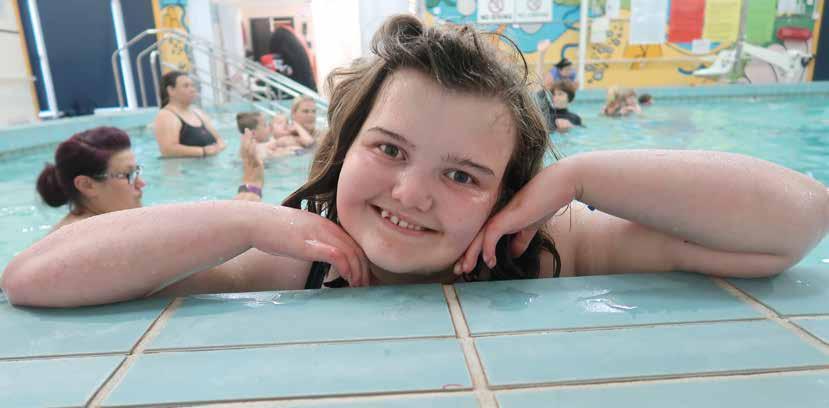Unintentional
Gaslighting
AND SENSORY PERCEPTIONS BY JOELY WILLIAMS WHAT IS NORMAL? GROWING UP AS AN AUTISTIC AND CHRONICALLY ILL WOMAN, I AM STILL HAUNTED BY MY ATTEMPTS AT ANSWERING THIS QUESTION. I’M STILL TRYING TO LEARN WHICH PARTS OF MY AUTISTIC EXPERIENCE ARE SHARED WITH OTHERS, AND WHICH OF MY PERCEPTIONS, HAD ME UNINTENTIONALLY GASLIGHTED, BULLIED OR TOLD OFF
I
t took years for me to finally understand that, to most other people, sensory issues were ‘not real’. I remember one time at school, my class had to make a list of problems we had. I got a big shock; I realised then, that other people don’t experience sensory pain, like I do. My list was triple the size of my classmates, as I had listed all my problematic sensory experiences. No one wrote about the excruciating sound of the blinds flapping in the breeze. The mindbending scratch of pens, the
10
stomach-churning creak of chairs. The nauseating tremble of words on paper, the migraine infusing scent of disinfectant, sweat or perfumes, the hot, bright, lights blinding their eyes. The labels in their clothes burning their skin. Nobody. No one else felt these things were a reality, let alone a problem. They thought I was joking, simply attention seeking; they labelled me the class clown because they thought I couldn’t possibly be serious, about the ‘ridiculous’ and ‘not real’ sensory
problems I had claimed to face. It blew my mind that other people’s skin did not burn. How could we perceive the world so differently? It fascinated me. People don’t understand these sensory differences though. They told me off, saying I’m rude, inconsiderate, careless, selfish, and otherwise making me feel awful for my lived experiences that they believed to be non-existent. Friends told me it can’t be possible to hear electricity, or for these sensory problems to be real,









